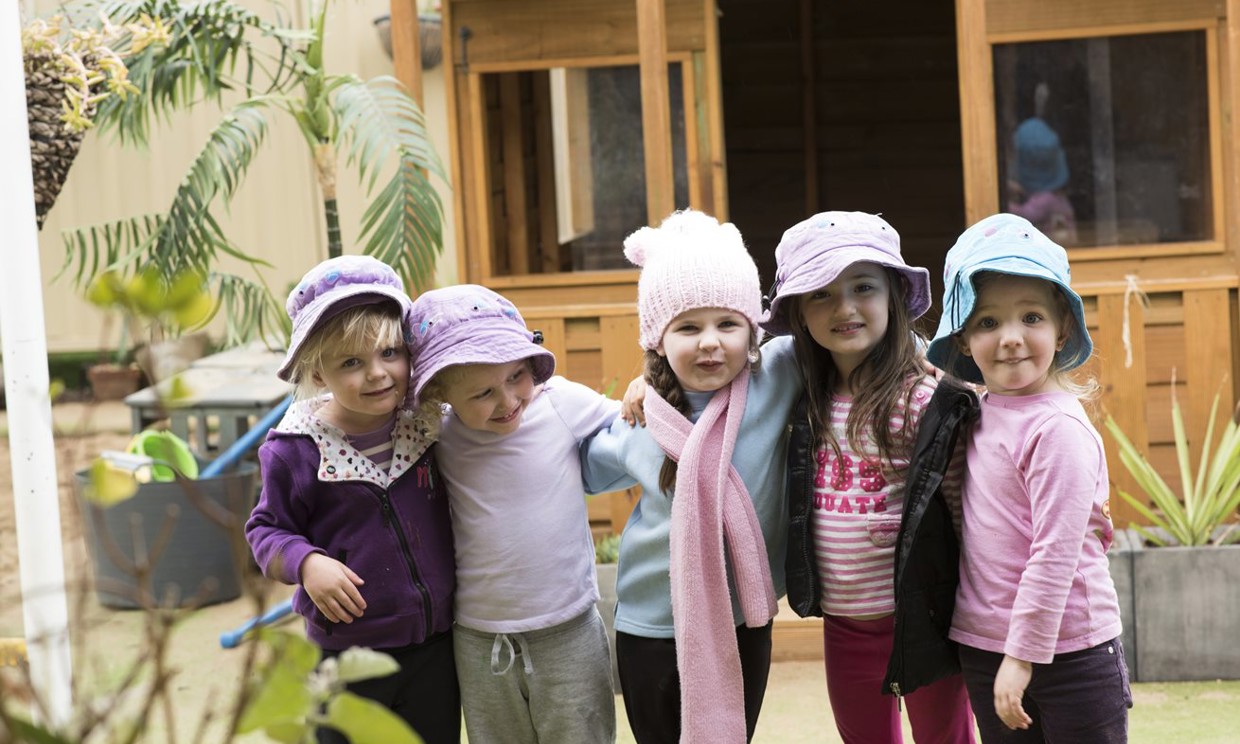Everything we do at Goodstart Early Learning is about putting children first. We have a unique approach to the way we work, which is based on our Goodstart Practice Guide and its ISTEP framework.
The Guide is used by every educator in every centre throughout Australia, although the way in each implements the practices and applies the ISTEP framework, will be unique to their local context, and the children and families in their centre.
ISTEP is a framework which helps our educators plan and observe their daily practices. There are five components, each crucial to early learning outcomes:
- Interactions and relationships
- Space, resources and materials
- Time, routines and rituals
- Experiences for learning
- Planning, documentation and evaluation
In this, the fourth of a series of articles which discusses each ISTEP component, we will look at the importance of play in children’s lives.
Play is your child’s anchor for learning
Research shows that play is what matters most to children in their daily lives in early childhood centres. From the moment your child steps into one of our centres they are learning, and play is their anchor for learning.
As well as being enjoyable and fun, it’s how children organise and make sense of the world around them. Play offers your child planned and spontaneous opportunities to practice emerging skills. It also supports their language, social and emotional wellbeing and thinking abilities.
Play-based learning for infants and toddlers at Goodstart
At Goodstart, our educators help infants and toddlers learn though repetition, story-telling, pictures and exploration.
Infants rely on all of their senses as they explore their surroundings, while toddlers experiment with tools and learn to manipulate objects. Toddlers are often purposeful in their play, building things, knocking them down, working out what happens next. They often use play to work out what actions are needed to achieve a desired outcome and experiment with objects to accomplish a particular purpose.
Play for older children
With older children, Goodstart educators plan opportunities for children to use language and communication skills in meaningful ways in a variety of contexts. We use books and technology to help preschool children learn about how the world works. We introduce children to different ways of using language and encourage them to develop competency and expand their vocabulary.
Your child will learn to view talking, reading and writing as integral parts of daily life, alphabetic principles are introduced and books are shared. Mathematics concepts, such as numeracy, are explored through ideas such as, more or less, taking away, size, location, pattern and position.
The educators at Goodstart will purposefully plan for, and encourage your child to participate in, many different types of learning-through-play, to ensure their days are fun and varied, and that, at the same time, their learning is enhanced.
In our next article, we’ll look at the importance of ensuring all children have the learning, development and wellbeing outcomes they need to school and life, through planning, documentation and evaluation.


